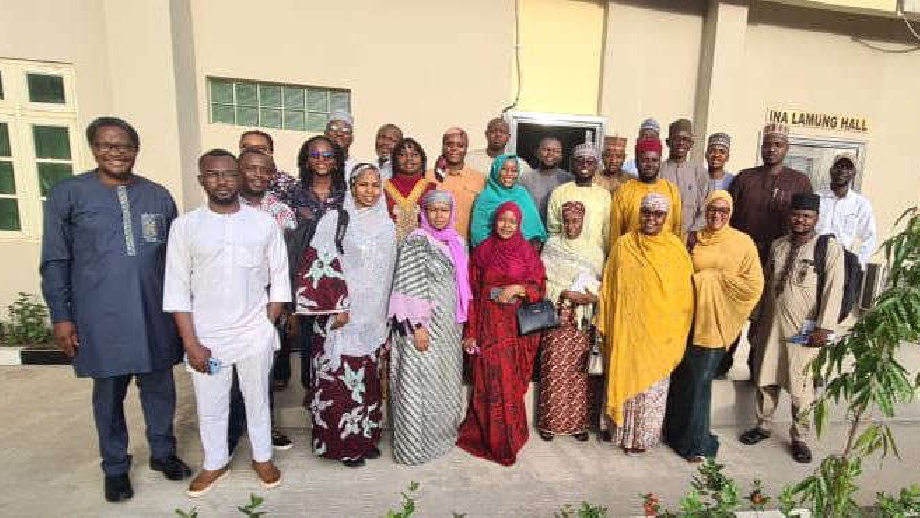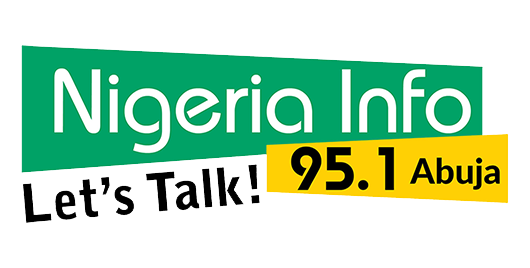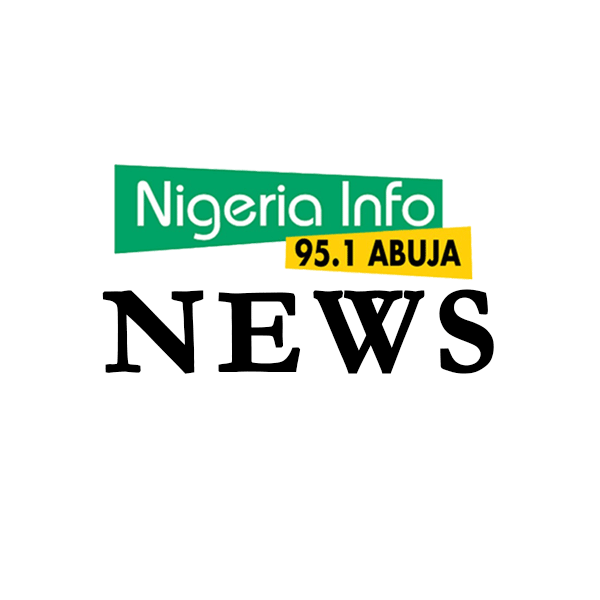
Media practitioners in Nigeria have been urged to set media agenda on salient issues around women’s health to bring some of their challenges to the front burner for stakeholders.
The Center for Communication and Social Impact CCSI made the call in Kaduna during a one-day training organized for Kano-based journalists on media advocacy for women’s health with support from Pathfinder International.
Mr. Oluyemi Abodunrin, the CCSI Technical Advisor, Programme, while delivering his lecture on the role of the media in improving women’s health, said journalists need always to explore available data in their reporting.
“You don’t just use data percentage; you need to operationalize the data by putting a human angle to the figures especially on women’s health to raise awareness about their challenges,” he said.
Abodunrin said this could be achieved by initiating women’s health-related topical issues to hold people in power accountable through investigative journalism, and fair and balanced reporting.
He advised health journalists to use their reports to combat the stigma against women’s health, promote diversity, and ensure accurate and balanced reports.
Aboduntin desires a paradigm shift in media output to health issues rather than the typical politics and the economy.
Also speaking, Beevan Magoni, one of the facilitators, identified gender imbalance, stereotypes, and lack of diversity in health journalism among other editorial issues in reporting women’s health in the country.
Magoni outlined some challenges in covering sensitive women’s health topics including limited representation, narrow focus, and lack of training for health reporters.
He, however, harped on the importance of intersectionality in women’s health coverage and the need for journalists to be ethical by respecting women's privacy, seeking consent, and being empathetic in their reportage.
On her part, Mrs. Toyin Akande, the CCSI Monitoring and Evaluation Officer, delved into the existing policies for women’s health planning in Kano State that could enhance reports of the health reporters.
They include the Health Sector Task Shifting and Sharing Policy (TSSP), the Family Planning Policy, and the Kano State Health Financing Policy.
Other policies are the Kano State Action Plan for Health Security (KSAPHS), the Free Maternal and Child Health (MCH) Policy, and the Policy on Building Capacity of Healthcare Providers.
In her earlier remark, Dr. Sekina Amin Bello, Senior Technical Advisor, Pathfinder Nigeria said journalists were expected to facilitate visibility of the women’s health project in Kano on their respective platforms.
Dr. Bello noted that the one-year project focuses on the key challenges affecting women’s health in Nigeria including the high maternal mortality rate and limited access to healthcare and poverty.
She noted that the project identifies contributory factors to good health outcomes for women in Kano.
It also uses the AFP SMART approach to develop advocacy strategies for improving their health.


